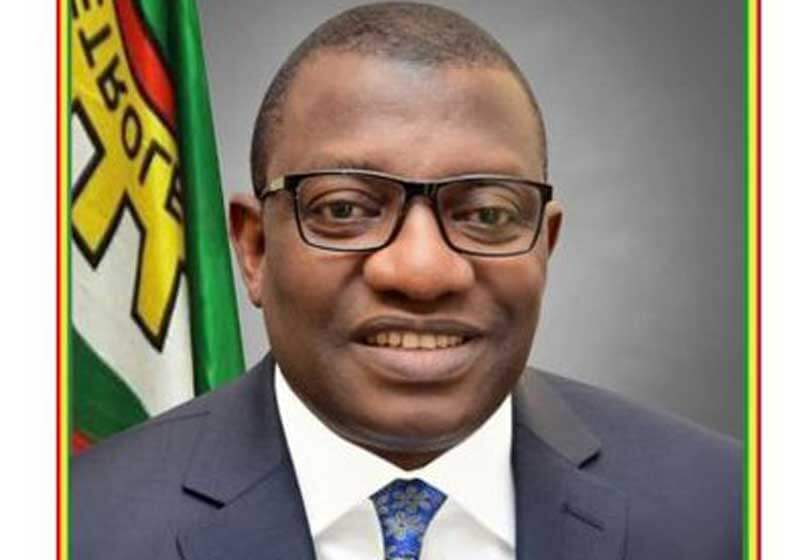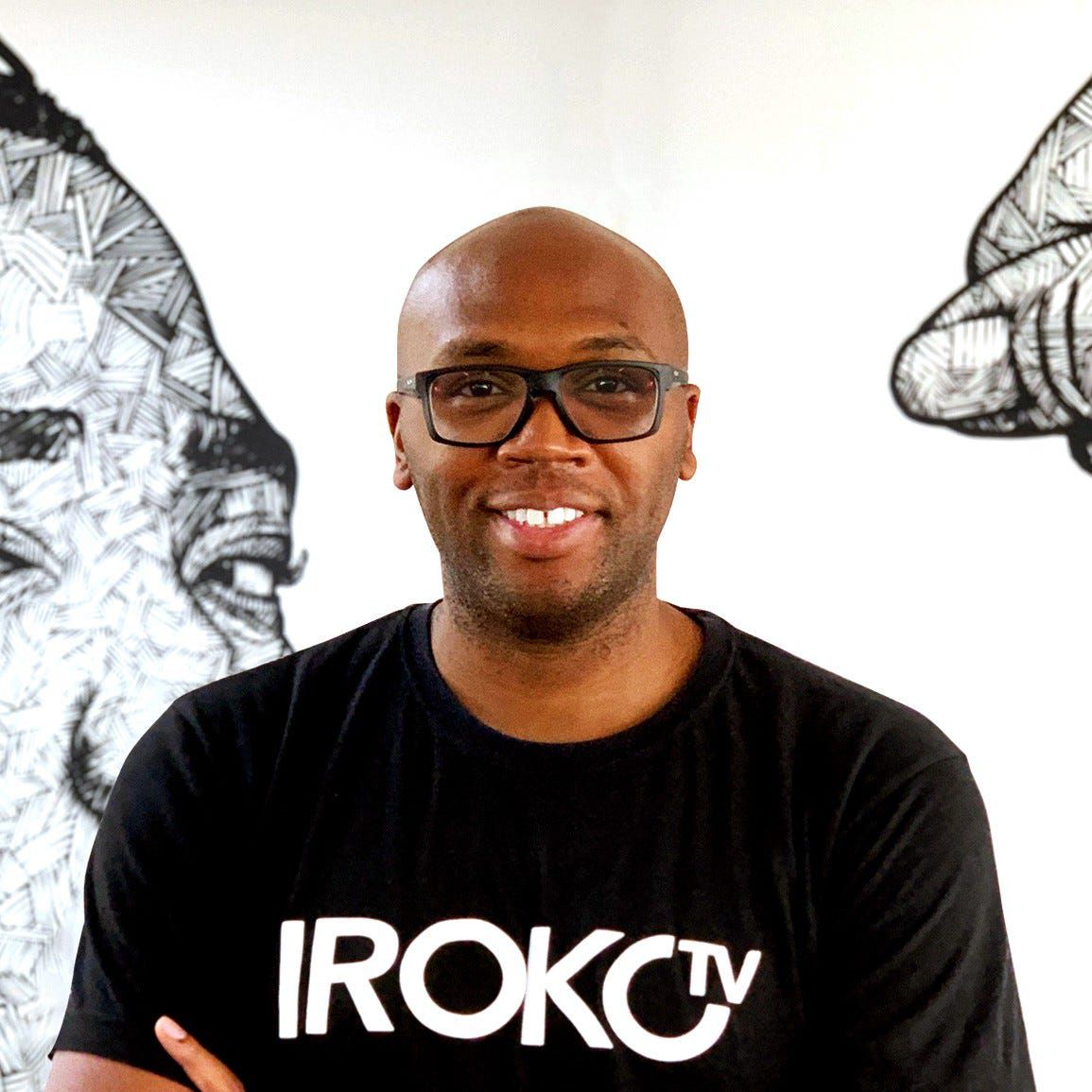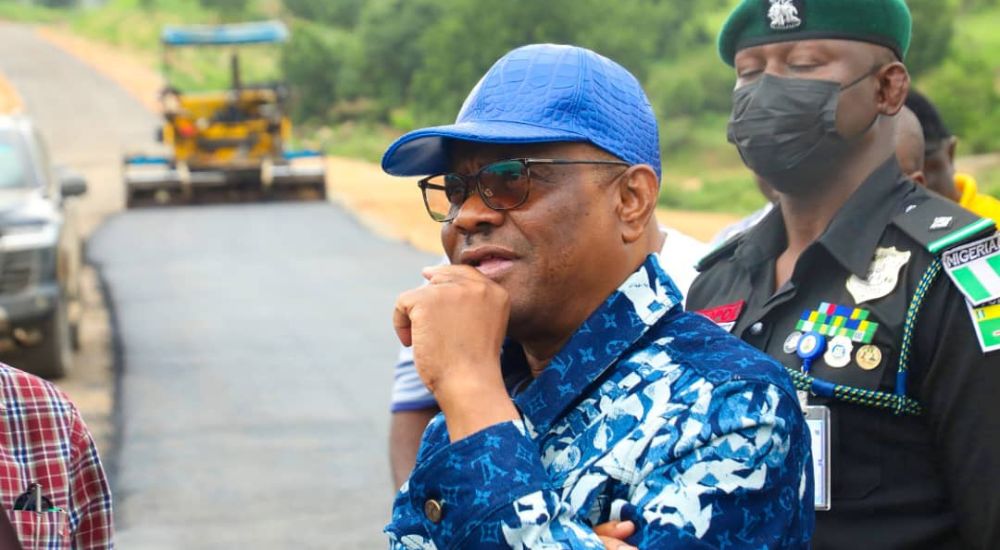Terrorism And Nigerian Borders: A Crisis Of Neglect, Security Lapses

The Nigerian government’s lackadaisical approach to securing its borders raises serious concerns about the nation’s security strategy. Despite the devastating consequences of terrorism, drug trafficking, and other transnational crimes, the borders remain porous, making them potential gateways for criminal activities.
This negligence could have far-reaching implications, especially as it relates to the infiltration of organized crime and the exchange of drugs, arms, and money within the sub-Saharan market.
Borders as Gateways for Criminal Networks:
The porous borders of Nigeria are ideal conduits for drug cartels and armed groups. Reports suggest that these borders could serve as landing sites for drug lords smuggling narcotics into the region. In exchange, arms and illicit funds flow freely, fueling violence and destabilizing communities. The unchecked movement of goods and people creates an ecosystem where criminal syndicates thrive, undermining national security and economic stability.
A Captured Society: Collusion and Internal Sabotage
The complicity of internal actors exacerbates the crisis. Evidence suggests that collusion between some security operatives and criminal elements has rendered Nigeria a captured society. This internal sabotage weakens the military’s ability to combat terrorism effectively, as they lose territories to insurgents and bandits. Recent data from the National Bureau of Statistics (NBS) on ransom payments and the burgeoning kidnapping industry underscores the magnitude of the problem.
While the Nigerian Armed Forces are preoccupied with fighting external threats like Boko Haram and ISWAP, internal terror in the form of banditry and kidnapping has flourished. These threats have transformed into lucrative industries, further straining the country’s security architecture.
The Overlooked Threat Of Bioterrorism
Amid the focus on kinetic military power, Nigeria has left itself vulnerable to bioterrorism. The country’s biotechnology agencies, which should spearhead efforts to mitigate biosecurity risks, are often led by politically appointed individuals with limited expertise. This lack of technical competence poses a significant threat to national security, as emerging biological threats remain unaddressed.
Bioterrorism is not a hypothetical danger—it is a real and evolving threat.
A robust response requires specialized professionals with deep expertise in biotechnology and bioweapons. However, the continued politicization of such critical agencies undermines their capacity to safeguard public health and security.
Unanswered Questions and Neglected Priorities
There are critical questions about Nigeria’s approach to biosecurity and national defence that remain unanswered:
- The Role of External Actors: What is the nature of Bill Gates’ involvement in Nigeria, particularly concerning public health and agricultural initiatives? Should this relationship be scrutinized more rigorously by the National Security Adviser (NSA) to ensure it aligns with Nigeria’s strategic interests?
- Competence at the NSA Office: Does the NSA office have professionals with expertise in biotechnology and biosecurity? If not, how can Nigeria expect to counter emerging threats in this domain?
The Way Forward
For Nigeria to address these multifaceted security challenges, it must act decisively and strategically:
The Psychological State of Local Collaborators: Bridging the Gap Between State and Society
One often overlooked factor in addressing issues of corruption, illicit financial flows, and insecurity is the psychological state of local collaborators—those who, willingly or otherwise, aid criminals or undermine state authority. This issue is rooted in two interconnected problems: the perceived disaffection towards the state and the erosion of loyalty among the populace.
In many parts of Nigeria, the government is seen as distant and disconnected from the daily struggles of its people. This detachment creates a vacuum that criminals, insurgents, and other enemies of the state exploit to gain influence and control. Marginalized individuals, feeling abandoned and unimportant, become easy prey to narratives that paint the government as adversarial rather than protective.
For Nigeria to effectively curb crime, terrorism, and corruption, it must rebuild the psychological contract between the state and its citizens. Every Nigerian must feel valued and know their voice and contributions matter. This requires moving away from the zero-sum approach to governance—a mindset that prioritizes political wins and elite interests at the expense of inclusivity and equity.
Instead, a governance model that fosters unity, inclusion, and grassroots empowerment is needed. When citizens are actively engaged and made to feel they are integral to the nation’s success, they are less likely to align with forces that threaten the state. Community development programs, fair resource distribution, and participatory governance are essential steps toward achieving this goal.
By addressing the psychological disaffection of its citizens, Nigeria can dismantle the enabling environment for criminal activities and foster a more united, loyal, and resilient populace.
- Border Security: Strengthen border surveillance through the use of modern technology such as drones, biometric systems, and satellite monitoring.
- Accountability: Root out collusion within the security forces by establishing independent oversight mechanisms and ensuring stringent accountability.
- Bioterrorism Preparedness: Appoint qualified professionals to lead biotechnology agencies and invest in biosecurity infrastructure to counter potential threats.
- Strategic Analysis: Conduct a comprehensive assessment of external partnerships and their implications for national security.
- Holistic Security Approach: Integrate kinetic, technological, and intelligence-based strategies to address both external and internal threats.
Conclusion
Nigeria stands at a critical crossroads. To protect its sovereignty and ensure the safety of its citizens, it must prioritize the integrity of its borders, the competence of its leadership, and the strategic alignment of its policies. The questions posed here demand urgent attention and bold action. Without these measures, Nigeria risks further entrenchment in cycles of violence, instability, and insecurity. The time to act is now.
– BUKAR Mohammed is a public analyst from Kano
Disclaimer: This article is entirely the opinion of the writer and does not represent the views of The Whistler.
Terrorism And Nigerian Borders: A Crisis Of Neglect, Security Lapses is first published on The Whistler Newspaper





